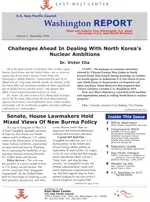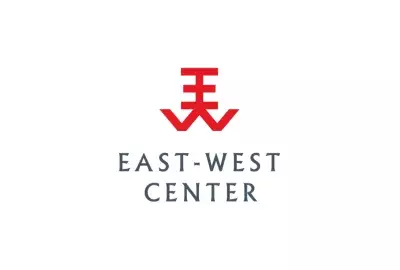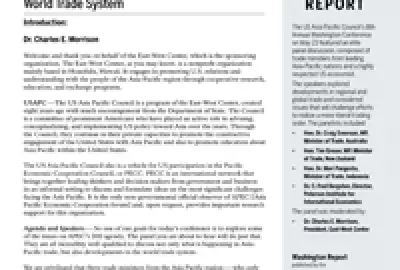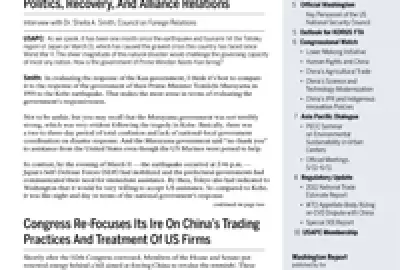Error message

|
All of the major powers in Northeast Asia--China, Japan, Russia, South Korea, and the United States--are on record as saying they do not want a nuclear North Korea. But Pyongyang's volatile behavior--represented this year by its defiant test of a long-range ballistic missile, its rejection of the Six-Party Talks and agreements reached via those negotiations, and its second test of a nuclear device--has stymied their efforts to keep a denuclearization process on track. Dr. Victor Cha, who served as U.S. deputy head of delegation to the Six-Party Talks during the Bush administration, explores North Korea's latest diplomatic tactic, China's unique relationship with its troublesome neighbor, and other challenges confronting U.S. policymakers. |
|
All of the major powers in Northeast Asia--China, Japan, Russia, South Korea, and the United States--are on record as saying they do not want a nuclear North Korea. But Pyongyang's volatile behavior--represented this year by its defiant test of a long-range ballistic missile, its rejection of the Six-Party Talks and agreements reached via those negotiations, and its second test of a nuclear device--has stymied their efforts to keep a denuclearization process on track. Dr. Victor Cha, who served as U.S. deputy head of delegation to the Six-Party Talks during the Bush administration, explores North Korea's latest diplomatic tactic, China's unique relationship with its troublesome neighbor, and other challenges confronting U.S. policymakers. |







